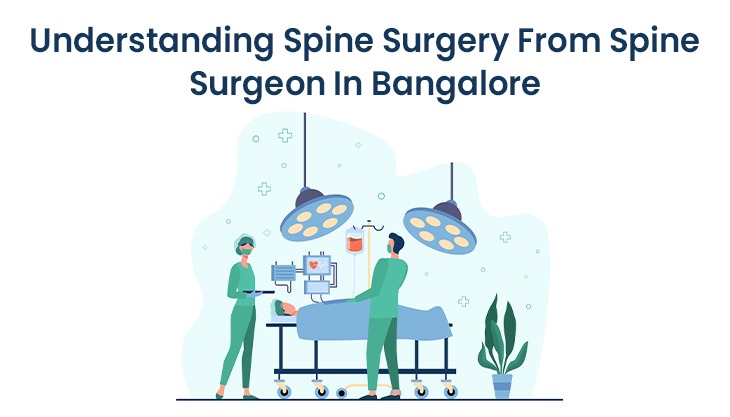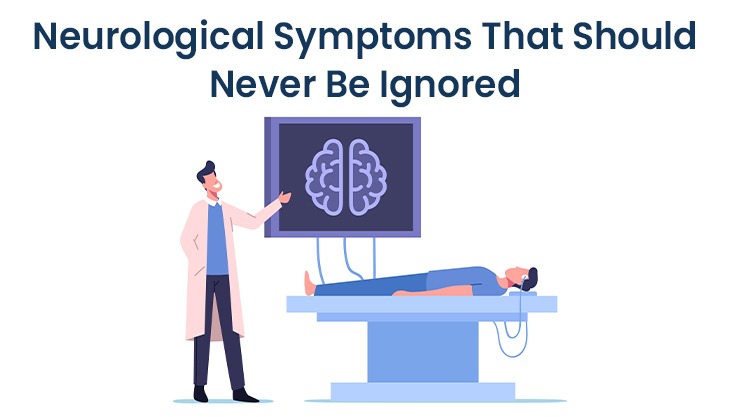As the world is facing this viral pandemic, which has spread very rapidly, the initial response from most of the countries was to suspend non-emergent health services. It was like that as the available resources can be diverted to handle many patients with the COVID-19 infection.
Every minute detail about the modes of transmission, contagiousness, clinical features, complications as well as options to treat had to be learnt fast. Early experience from the country China in the management of these patients acted as the basis for formulation of most health care systems in the world.
The most imperative reaction from health care was to organize and equip the hospitals, be it in terms of manpower, infrastructure, or resources. The need for ICUs and the inpatient beds increased exponentially in reality or in projections of the global pandemic. N95 masks, PPE kits and specialized operating theatres, which were once required only in very rare situations, suddenly became a daily necessity in people's lives.
As the governments and administration struggled hard to reorganize the resources, it was quite logical to significantly curtail all the regular hospital services. This could be the way for more resources to be diverted to address the pandemic.
Is Elective Neurosurgery feasible in this Pandemic?
In the heat of the flaring pandemic, nothing else really matters over limiting the spread of the contagious COVID-19 and the preservation of human life. Public health measures have now taken precedence over individual illnesses. Other diseases are often less of a priority for the health care systems as well as governments.
Hospital beds and related resources which have geared up for a public health emergency may now be misdirected and prematurely exhausted by the mis-prioritized elective surgery. But today's planned elective procedure, if left undone, could be a life threatening act within a few days. In places that have overwhelming community spread of the virus, preventing in-hospital spread is literally a top priority. Hospitals may serve as the centers of cure or could become the amplifiers of disease. But elective surgery though less of a priority, cannot be ignored altogether as it can cost one's life too.
Hence each surgical service is advised to devise their own surgical triaging system considering the surgical urgency, pandemic community burden as well as available resources.
Risks due to COVID-19 during elective surgery
The reasons for concern because of COVID-19 in a hospital setting have to be understood from two perspectives. The first one being from the hospital perspective, all measures for identification of COVID-19 in a patient or staff that is working in a hospital are aimed at rendering a safe work atmosphere. They are aimed at protecting the manpower from falling sick or going out of service. They are aimed to eliminate or minimise the cross infection risks among patients and staff, develop infrastructure as well as policies to isolate and manage suspected or confirmed cases. These are essentially public health protocols with enhanced rigor to be followed in the hospitals, so that they do not become breeding grounds in no time.
Impacts of postponed surgeries
It is undoubtedly clear that neurosurgery as a discipline, faces quite complex and daunting challenges. Because of the significant strain on resources, the need to protect the manpower and ensure emergency services amidst highly contagious viral pandemic is of utmost priority. Because of the high risks due to COVID-19, postponement of the elective procedures looks to be completely justified. But such a situation cannot really be sustained for a longer period, as more and more patients will suffer due to lack of care and timely intervention. This is why it is prudent to evaluate the ground reality and then work out a reasonable, scientifically sound solution to provide optimal care. There should be a caveat of flexibility and reversal or roll back of services, if the situation demands.
Final thoughts
COVID-19 infection poses some major, serious threat in hospitals. Be it in the form of cross-infection or some other way, hospital staff falling sick, etc. There is also a potential risk to overwhelm or paralyze the healthcare system all together. All these are some reasons that strongly favor suspension of elective neurosurgical services. But these have to be weighed against the fallout because of the prolonged postponement of neurosurgical treatment for conditions that can progress and cause neurological deterioration. So depending on the state of the person, the widespread of the virus in the area where a person is going to get treated and the hospital condition, one can decide whether to wait or get the surgery done. Contact us as we have top Neurosurgeon in India for any advice you need and we'll be more than happy to help you.






Post Comments